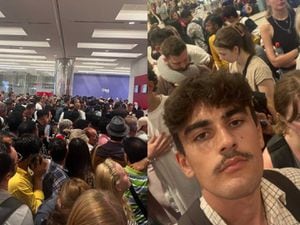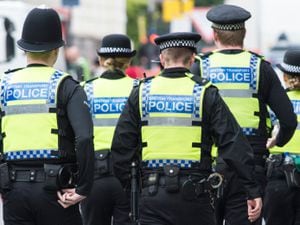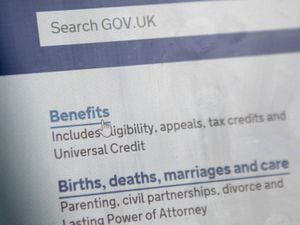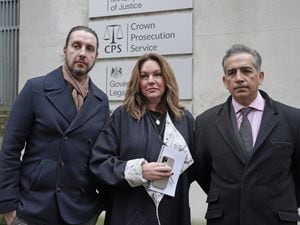Hunt: Kremlin has paid a high price for Novichok attack
Foreign Secretary Jeremy Hunt said Russia had engaged in a campaign to ‘destabilise the international order’.
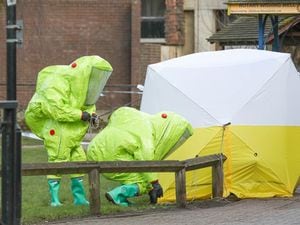
Vladimir Putin’s Kremlin must question whether the Salisbury nerve agent attack was worth the “huge diplomatic price” Russia has paid, Jeremy Hunt said.
The Foreign Secretary insisted Russia was not “winning hands down” in its effort to destabilise Western democracies, as he was challenged by MPs over the Government’s response.
Moscow’s GRU military intelligence agency has been blamed for the poisoning of former spy Sergei Skripal and his daughter Yulia in Salisbury, along with a series of cyber attacks aimed at targets in the US and Europe.

Russia has also been blamed for the death of 44-year-old Dawn Sturgess and the poisoning of her partner Charlie Rowley, who are believed to have come into contact with Novichok discarded by the Skripals’ attackers.
At the Foreign Affairs Committee, Mr Hunt said the Western response, which involved the expulsion of dozens of diplomats identified as intelligence agents, ensured Moscow paid a high price.
He identified the 2008 invasion of Georgia as the start of a decade-long shift by Russia into a “country that is seeking to destabilise the international order”.
The Foreign Secretary told MPs: “The frustrating thing is there doesn’t seem to be Russian willingness to come back to being a supporter of the international order.
“If you look at a map of Europe and you mark all the countries where there have been cyber attacks that originated from Russia, very often interference in referendum campaigns or election campaigns, there are lots of dots on the map.
“It is very hard to know what it would take to get the Russians to change their mind.”
He said the response to the Salisbury attack had been “one of the great successes of British diplomacy”.
“I think in their quieter moments people in the Kremlin will look at this year and ask themselves whether it was actually worth going ahead with that Skripal attack because they have paid a huge diplomatic price.”
While insisting that Russia was not “winning hands down” in its approach “I wouldn’t want to minimise the scale of their activities”.
But he stressed: “Our argument is not with the Russian people, it is with a regime that behaves in a totally unacceptable, sometimes murderous, way.”

The two suspects in the Salisbury case were originally identified by the UK authorities by the aliases Ruslan Boshirov and Alexander Petrov.
The Bellingcat investigative website said their real names were Anatoliy Chepiga and Alexander Mishkin and that they were both highly-decorated officers in the GRU.


